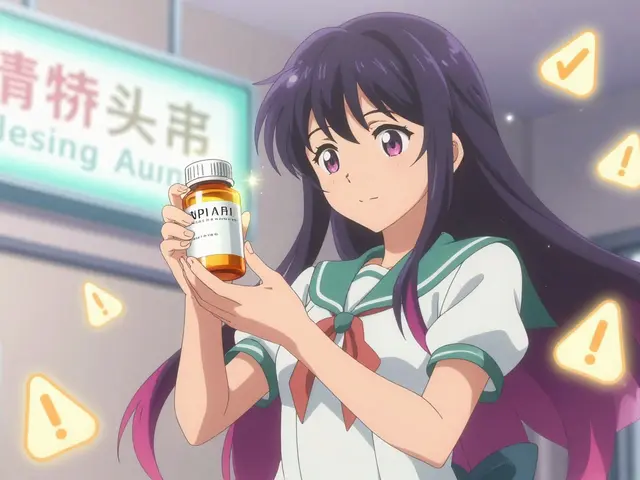Parental Tips: Keep Your Child Safe When Using Meds
Giving medicine to a child is common, but it still worries parents. Small mistakes with dose, timing, or mixing drugs can cause big problems. These tips help you make safer choices so your child gets the right care without extra risk.
Always read the label and the leaflet.
Check the dose for your child’s current weight, not age alone. Use an oral syringe for liquid meds — kitchen spoons are inaccurate. If the label says milliliters, measure in milliliters.
Talk to your child’s doctor or pharmacist before starting any new medication or supplement. Ask about interactions with other medicines, common side effects, and what to watch for. If a drug can harm the liver, ask what symptoms mean it’s time to call the doctor.
Keep an up-to-date list of every medicine your child takes, including vitamins and herbal products. Store the list on your phone and in a central place at home. In an emergency, this list helps clinicians avoid dangerous combinations.
When you buy medicine online, choose licensed pharmacies only.
Look for clear contact info, valid pharmacy license, and a pharmacist you can call. Avoid sites that sell prescription drugs without asking for a prescription.
Know when antibiotics are needed and when they’re not. Antibiotics treat bacterial infections like strep throat or some ear infections, but they don’t help colds or most coughs. Follow the full course the doctor prescribes, even if your child feels better sooner.
Watch for allergic reactions and severe side effects. If your child develops hives, swelling, trouble breathing, or high fever after a new drug, seek emergency care. For rashes or tummy upset, call the clinic for advice before stopping important meds.
Manage common problems fast. For fever, use recommended dosing based on weight and give fluids. For mild pain, stick to age-appropriate doses and avoid combining medicines with the same active ingredient. Keep instructions simple for babysitters and grandparents.
Store meds safely and dispose of leftovers properly. Use a locked cabinet if possible and keep medicine in its original bottle. Check expiry dates and ask your pharmacist how to discard unused pills or liquids.
Ask questions and trust your instincts. If something seems off — a different pill color, strange taste, or new side effect — stop the drug and call your provider. Good communication and small safety steps protect your child without making care harder.
Want more specific guides on common drugs, dosing, or online pharmacy checks? We cover antibiotics, antidepressants, supplements, and safe online buying at MedsEngage. Bookmark the site and keep your child’s health plans simple and clear.
Quick checklist before any dose: confirm the right drug and strength, calculate the dose from your child’s weight, use the correct measuring device, write the time of the next dose, and note any missed doses. Keep emergency numbers handy. Share allergies and current meds with any caregiver who might give medicine. Small steps like these cut mistakes and keep kids safer every day always.
Coping with a Duchenne Muscular Dystrophy Diagnosis: Tips for Parents
Learning that your child has Duchenne Muscular Dystrophy can be overwhelming and emotionally draining. But remember, you're not alone. There are strategies, resources, and support networks that can help you navigate this challenging journey. It's important to educate yourself about the condition, seek professional help, and focus on providing a supportive and loving environment for your child. Dealing with this diagnosis is tough, but with resilience, hope, and love, it's possible to manage and live a fulfilling life.
About
Health and Wellness
Latest Posts


Tansy Safe Dosage: Benefits, Risks, and Toxicity Explained for Everyday Use
By Marcel Kornblum Apr 29, 2025

How to Buy Cheap Generic Metformin Online - A Safe, Fast Guide
By Marcel Kornblum Sep 24, 2025

Anastrozole's Impact on Metabolism: Essential Facts
By Marcel Kornblum Sep 9, 2024

